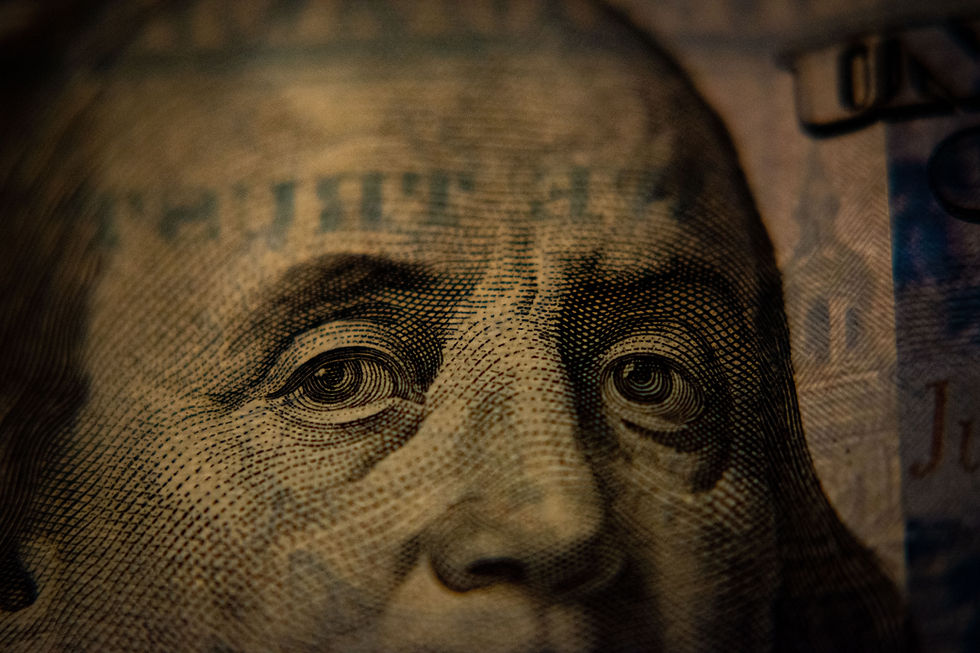
By DashPolitics
2025
WASHINGTON, DC - Campaign finance remains one of the most hotly debated aspects of American politics, especially in the wake of the rise of Super Political Action Committees (Super PACs). These entities, which emerged after the landmark 2010 Supreme Court decision in Citizens United v. Federal Election Commission, have drastically changed how money flows through electoral campaigns. While proponents argue they represent free speech and foster political participation, critics contend they have given a disproportionate voice to wealthy donors and special interest groups.
Super PACs are independent expenditure-only committees that can raise and spend unlimited sums of money to advocate for or against political candidates. Unlike traditional PACs, Super PACs are not allowed to coordinate directly with candidates or their campaigns. However, the lines between coordination and influence can often appear blurred. The creation of Super PACs has allowed billionaires, corporations, and unions to wield extraordinary influence over elections through massive ad campaigns, messaging efforts, and digital outreach, all funded without the restrictions placed on candidates themselves.
One of the most striking features of Super PACs is the sheer volume of money they inject into the political system. In the 2020 election cycle alone, Super PACs spent over $2 billion. This spending was concentrated among a relatively small number of groups and donors, raising questions about equity, access, and political representation. When a handful of wealthy individuals can bankroll campaigns or causes, it can distort the democratic process by drowning out the voices of everyday voters.
The influence of Super PACs also raises concerns about transparency. While these entities are required to disclose their donors, the use of nonprofit “dark money” groups as intermediaries often obscures the true source of funds. This lack of clarity makes it difficult for voters to know who is trying to influence their decisions—and why.
Defenders of Super PACs argue that they are a legitimate form of political expression protected under the First Amendment. They contend that restricting these groups would infringe on the rights of individuals and organizations to participate in the political process. Moreover, they argue that Super PACs have increased voter awareness and engagement by funding issue-based campaigns and providing more information to the public.
Nonetheless, public opinion surveys consistently show that Americans across the political spectrum support greater regulation of campaign finance. As Congress and the courts wrestle with how to balance free speech with democratic fairness, the future of Super PACs remains central to the broader conversation about money, power, and influence in American elections.